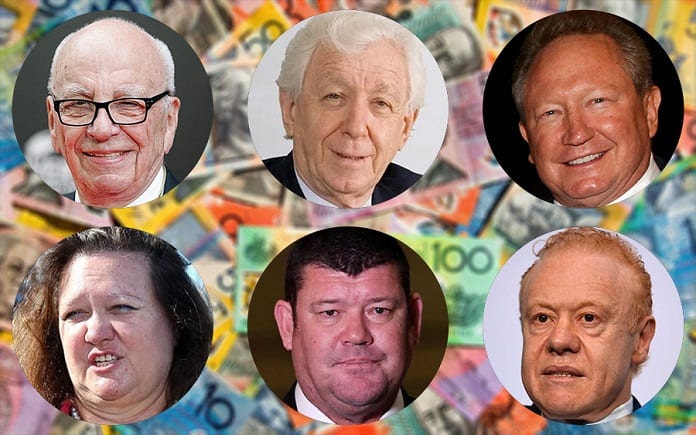The Liberals are preparing for the next election by spending money on issues that have hurt them in recent months—aged care and violence against women. But their budget offers no real solutions and is riddled with nasty measures that illustrate their real agenda.
Treasurer Josh Frydenberg was happy to bill the budget as a cash splash and was rewarded with headlines such as “Everyone’s a winner, baby” (The Age), “Full-strength recovery” (Herald Sun) and “Super spender event” (The Australian).
The government is pumping tens of billions into the economy over the coming year to maintain the post-COVID economic bounce.
But Frydenberg’s already signalled he plans to turn off the tap after the election, cutting the deficit from $106 billion in the coming year to $57 billion in 2024-25.
And even the big spending increases fall well short of what is needed for real change.
In the case of aged care, the government has failed to make the fundamental reforms recommended by the royal commission—including needs-based funding, mandated minimum staffing levels and a requirement for registered nurses on-site at all times.
Extra funds that will flow to home care operators will not be tied to improving services, allowing unscrupulous private operators to cream off even higher profits.
The government’s gestures towards women also fall well short. As ACTU president Michele O’Neil put it: “This budget contains $17.9 billion in tax write-offs for big business and only $1.1 billion for women’s safety over the next four years.”
There is no new money to extend paid parental leave and the government rejected a recommendation to include superannuation on the payments.
The cut in childcare costs only helps families with two or more children in care—and the measure doesn’t start until July next year.
The plan to help single parent families (overwhelmingly women) buy a home with a 2 per cent deposit will apply to just 2500 people a year.
Meanwhile, as the ABC noted: “There was zero support for women on the pension who don’t have a lot of super and don’t own their house.”
Government spending on universities will fall over coming years, from $7.56 billion in 2021-22 to $7.17 billion in 2023-34, setting the scene for even more job cuts on campuses.
Nasty measures
There were some genuinely nasty measures hidden in the budget small print. New permanent residents are banned from claiming welfare for four years. Newly unemployed people’s JobSeeker payments will be backdated to when they submit a job plan, not to the date they first register.
These two measures will rip around $200 million a year from the poor—while the government is spending $90 billion on a dozen submarines.
No such worries for big business and the rich, who are set to gain $62 billion in tax cuts and subsidies according to the Greens. While workers will not get their modest tax cuts until later this year, businesses can claim instant cash-back for buying equipment.
There’s plenty of support for fossil fuels, with $58.6 million for gas projects and $30 million for early works on a new gas generator in Port Kembla.
The budget contains $264 million to fund new carbon capture and storage projects—an unproven technology that green-washes the continuing use of fossil fuels.
And there are hundreds of millions—the government won’t admit the exact amount—for Australia’s remaining oil refiners.
Labor responded with a welcome nod towards building more housing. But it had no more to say on climate change than the Liberals. And its scheme to encourage young entrepreneurs is little more than a gimmick.
Critically, Anthony Albanese was mute on whether a Labor government would stop the next giant round of tax cuts in 2024-25, due to flow almost exclusively to the wealthy and expected to cost $95 billion over five years.
Frydenberg’s budget figures rely on everyone being vaccinated by the end of the year, an opening of international borders in mid-2022 and iron ore export prices remaining high.
He is also gambling on consumer spending and business investment to drive the economy as he winds back public spending.
But low wage growth means the consumer spending boom is likely to wane. And business capital spending has been falling for years—from $37 billion a quarter in December 2015 to $31 billion before the pandemic hit.
If workers are to avoid paying the price of a fundamentally weak economy, there will need to be a fight for the wage rises and services we need.
By David Glanz





